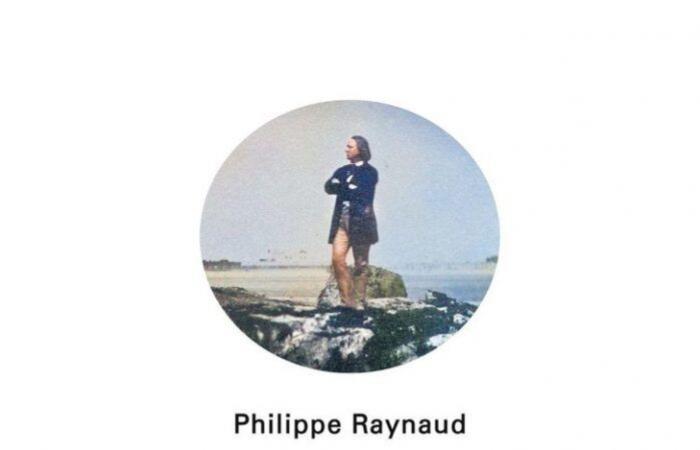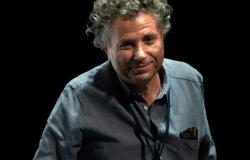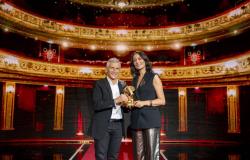Book of the week –
Philippe Raynaud: Victor Hugo or romanticism in politics
Every week, Michel Audétat recommends a book that made him think, amused, moved…
Michel Audétat
Published today at 2:15 p.m.
Subscribe now and enjoy the audio playback feature.
BotTalk
We are hardly surprised when, with age and respectability, a personality slides gently from left to right. The opposite is more surprising. In this regard, Victor Hugo disturbs the game, he who began his career as a poet near the ultra royalists and died as an icon of the republican left. As if it had taken him a long time to become young… This singularity has given rise to perplexity, misunderstandings and summary judgments that a brilliant essay can correct. French political scientist (born in 1952), Philippe Raynaud ventured into Hugolian lands and brought back a concise, dense and convincing book: “Victor Hugo – The romantic revolution of freedom”.
On the right, there was much mockery of a writer considered inconstant and incontinent, too much in all, whose humanitarian preaching would not be worth three cents: a widely shared opinion would have it that this genius was “stupid”. On the left, on the other hand, a statue has been erected to him which freezes him: here is the apostle of progress, the republican titan who wanted to pull the humble out of their depths. Ignoring the injustices of some and the shortcuts of others, Philippe Raynaud takes a fine and nuanced look at the political trajectory of Victor Hugo, which he does not separate from his literary evolution. At the heart of his essay, this sentence borrowed from the preface to the drama “Hernani”: “Romanticism so often poorly defined is, all things considered, […] than liberalism in literature.”
Victor Hugo would not have been the opportunist or political weathervane that is sometimes described. He “always remained faithful to the alliance between romanticism and liberalism,” writes Philippe Raynaud, who underlines the continuities rather than the ruptures of this long-term life. Artistic freedom and political freedom have always gone hand in hand for this man of letters who contributed to “making France” and who, in return, obtained the (debatable) privilege of being established as a “national writer”.
To read: “Victor Hugo – The romantic revolution of freedom”, Philippe Raynaud, Gallimard, 126 p.
“The Tribune of Books”
The “Tribune de Genève” offers you shared readings, reviews, book news, reports and your favorites.
Other newsletters
Log in
Did you find an error? Please report it to us.
0 comments






